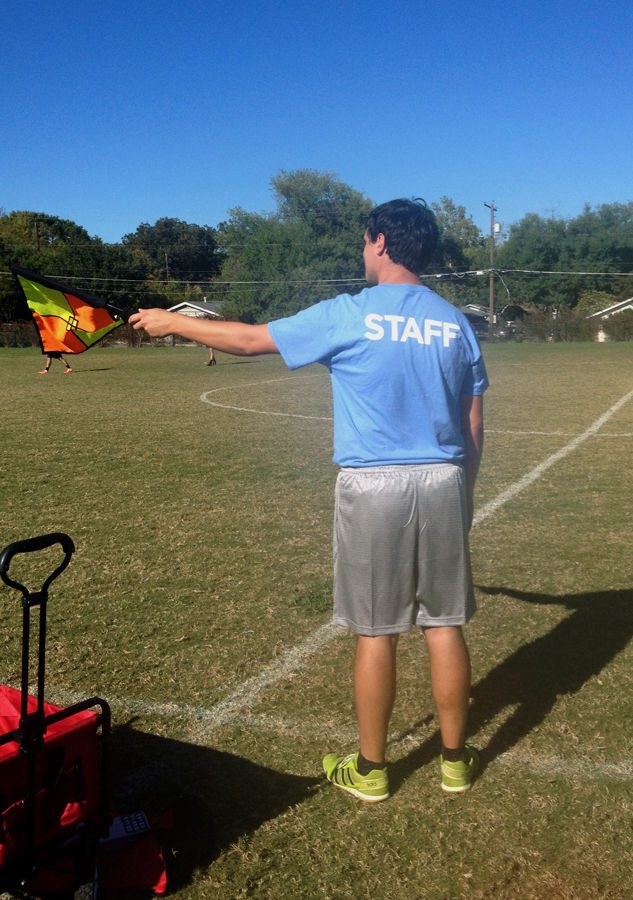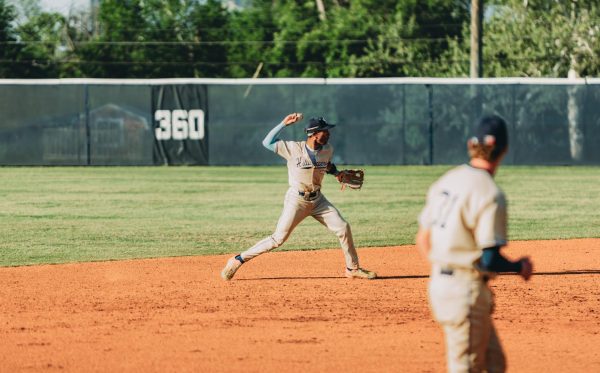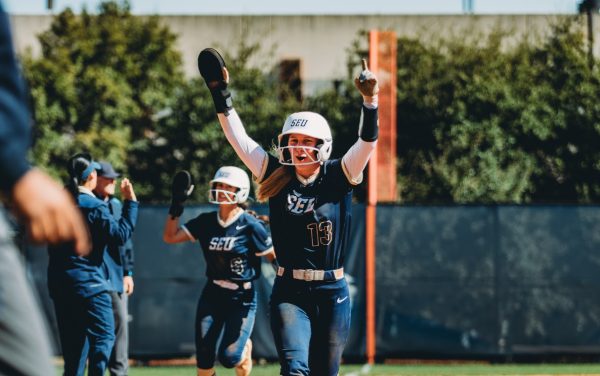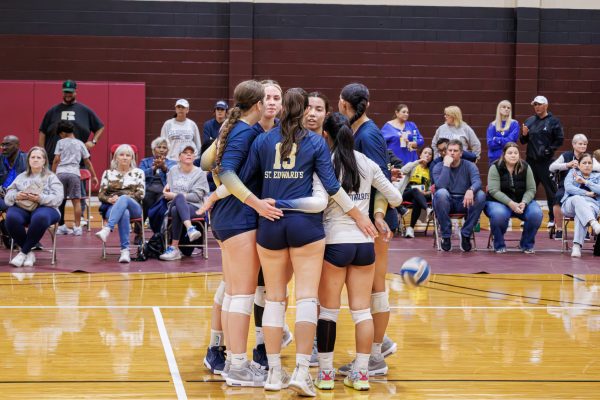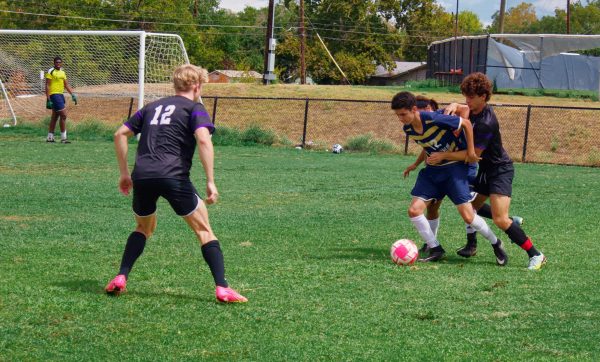Students must qualify to referee intramural sports
In order to be well prepared for the intramural season, referees go through a three-step hiring process
With 15 different sports and events offered per semester, intramural participation has been growing each year. Along with this growth, however, comes a need for more student referees to officiate these games.
Intramural referees are responsible for making sure each team knows the rules of each sport is following them. This goes beyond being a player in the sport, as the referees need to know how to call fouls and infractions while on the move.
In order to be well prepared for the intramural season, referees go through a three-step hiring process. This hiring process is conducted by Assistant Director of Campus Recreation Clint Jones and Intramural Coordinator Mike Rubbo.
Jones and Rubbo first run a classroom clinic, where any interested students can come learn the basic rules and regulations for each sport. Then, those students will participate in a field clinic, to display the specific mechanics for how to run a game.
Finally, the students are put through a scrimmage so they can participate in a live-action game simulation. After the scrimmage, Jones and Rubbo make their final decisions.
“Clint and I meet up and discuss what we saw and what we liked and disliked,” Rubbo said. “From there we can make cuts as needed and the rest become our officials for the duration of the sport.”
The number of referees chosen varies on the need in each given sport, as well as scheduling. Flag football and soccer require three referees as well as a scorekeeper, whereas dodgeball and volleyball only use two.
Students who are chosen as referees typically have a background in sports, and have previously participated in intramurals.
“Refereeing allows me to interact with my peers and make new friends while engaging in my passion, which is sports,” referee James Mendez said.
Others, such as Frank Diaz, chose to become referees in order to learn new skills.
“My favorite part is that I get a new perspective on sports that I have both played and watched,” Diaz said.
While intramural refereeing may be a fun way to meet a variety of students in an exciting environment, there are still difficult parts of the job.
“The hardest part of refereeing is when students complain because of a call that was made or not made,” Diaz said.
However, referees and student participants alike understand that at the end of the game, they are all students out there trying to get active and have fun.


